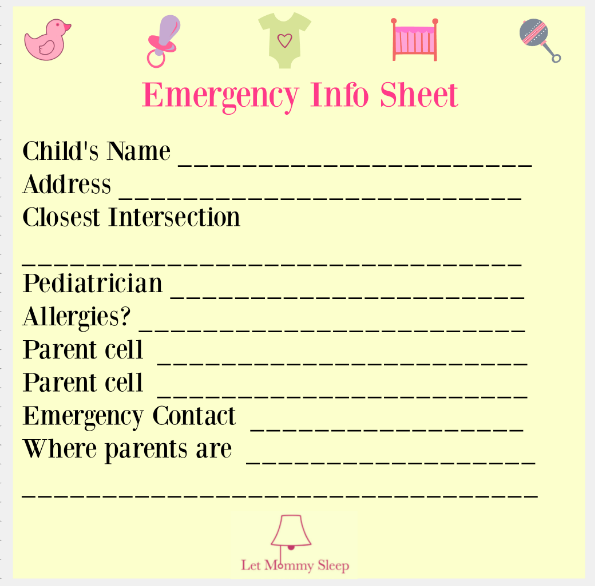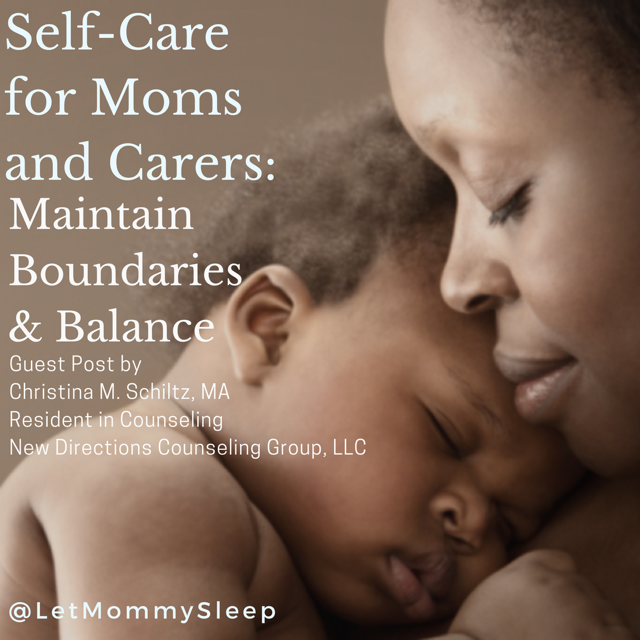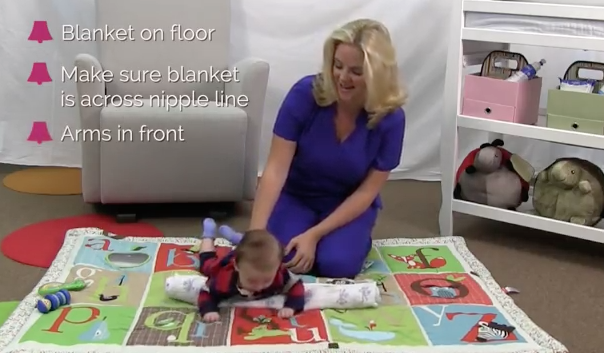
Everyone has a favorite dinner they like to bring new parents when a new baby is born, but what about breakfast? Here are 7 Power Breakfasts for New Parents, packed with nutrients for parents of newborns and twins.
Coffee
First things first: coffee! It’s no secret that caffeine is the beverage of choice for sleep deprived parents, and for parents of newborns a convenient, dependable coffee maker is key. So if you want to be true hero, go ahead and gift coffee and a coffee maker! If baby is breastfeeding, don’t worry about caffeine affecting milk; La Leche League and most medical authorities agree that a daily intake of 2 cups (200 milligrams) of coffee is perfectly safe to drink.
Besides coffee, these breakfasts will keep energy up:
Protein Pancakes
Protein is so important especially if you’re breastfeeding!
- 12 egg whites or 1 ½ c liquid egg whites (do the liquid egg whites, much easier)
- 1 c rolled oats, pulsed until ground
- 1 banana, mushed
- 1 tsp cinnamon
- Mix ingredients together in a bowl. Cook like a regular pancake. Top with almond butter, greek yogurt, fresh fruit
Double the batch, freeze some and then microwave as needed
Egg Muffins
These are a night nanny favorite to bring families because they can be eaten with one hand!
- 3 packages Crescent Rolls
- 1 package of sausage (the kind that is in a tube, not in a roll)
- 8 eggs
- Veggies (I like spinach and/or sweet potatoes)
- Cheese (I use a cheese blend)
- Salsa (optional)
Preheat oven to 375
Cook sausage according to directions. Put half aside and freeze for another time. Whisk the eggs together, add salt and pepper to taste. Saute the vegetables for a few minutes until soft. Add eggs, stirring constantly. Add in sausage and cheese, finish cooking. Set aside egg mixture.
Take the crescent rolls and open them. Take two triangles and press them in a muffin tin. Add 2 spoonfuls of the veggie/egg/sausage mixture, add the salsa on top, if using. Close up the roll and repeat 12 times. Brush with one egg white and bake for 12 min at 375 until golden brown. You can wrap them individually in plastic wrap, keep in the freezer, and microwave as needed
Protein Toast
- Ezekiel Bread
- Almond Butter
- 1 banana
- Toast one piece of Ezekiel bread. Spread with almond butter and 1 banana. You can add chia seeds, if you want.
Mixed Berry Protein Smoothie
Another nutrient packed meal that you can drink with one hand. A staple among parents of newborn twins!
- 1 cup frozen cherries
- 1 c mixed berries
- ½ c rolled oats
- 1 tsp vanilla
- ½ c nut butter (almond, etc)
- 1 ½ c Almond Milk
Blend smoothie together. You can put together some smoothie bags ahead of time so all you have to do is empty the smoothie into the blender and add your liquid.
7 Power Breakfasts for New Parents – Tropical Smoothie
- 1 cup frozen tropical fruit blend
- 1 C frozen peaches
- 1 C spinach
- 2 t unsweetened shredded coconut
- 1 t chia seeds
- 8 oz coconut water
- Ice (optional)
Mix ingredients together and then op with some unsweetened coconut. You can put together some smoothie bags ahead of time so all you have to do is empty the smoothie into the blender and add your liquid.
Overnight Oats
Fill a mason jar with the following:
- ½ c rolled oats
- 1 c almond milk
- 2 tsp chia seeds
- 1 t almond butter
- 1 t cinnamon
Put lid on the jar, shake, and place in the fridge overnight. Take out in the morning, top with fruit, and enjoy
Egg Frittata
- 6 eggs, beaten
- ⅓ c milk
- Vegetables you have in the fridge (we like sweet potatoes and goat cheese // ham, spinach, and cheese// red peppers and bacon// but use whatever you have!)
- Salt and pepper
Preheat oven to Broil
Whisk together eggs, milks, salt and pepper and then set aside. In an ovenproof nonstick skillet add your veggies, saute for a few minutes until softened. Reduce skillet to medium heat. Pour egg mixture into pan, let cook for 2-3 min. Transfer to oven and let broil for 3-5 minutes, until the top is slightly brown. This saves well in the fridge.





